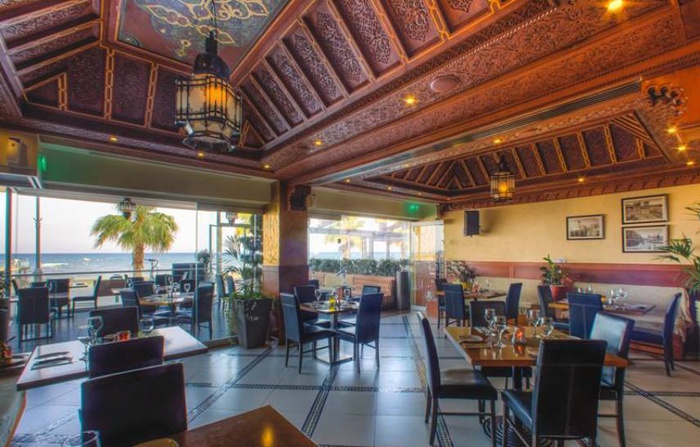Iraq
WELCOME TO Iraq
Country Overview
Baghdad
437,072 km2
40 million
Arabic
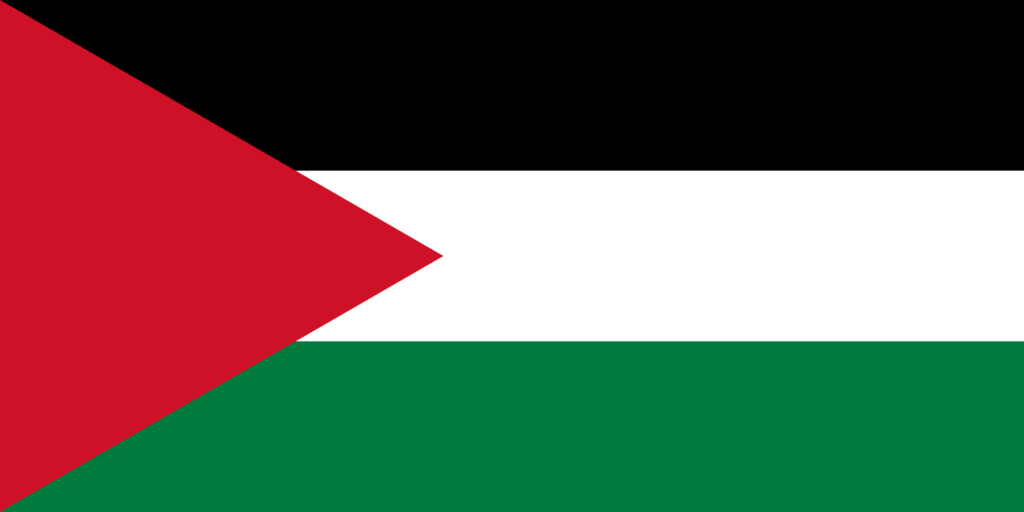
Popular
Geography and Tourist Attractions
Information about the country's tourist attractions, including popular destinations, events, and activities.
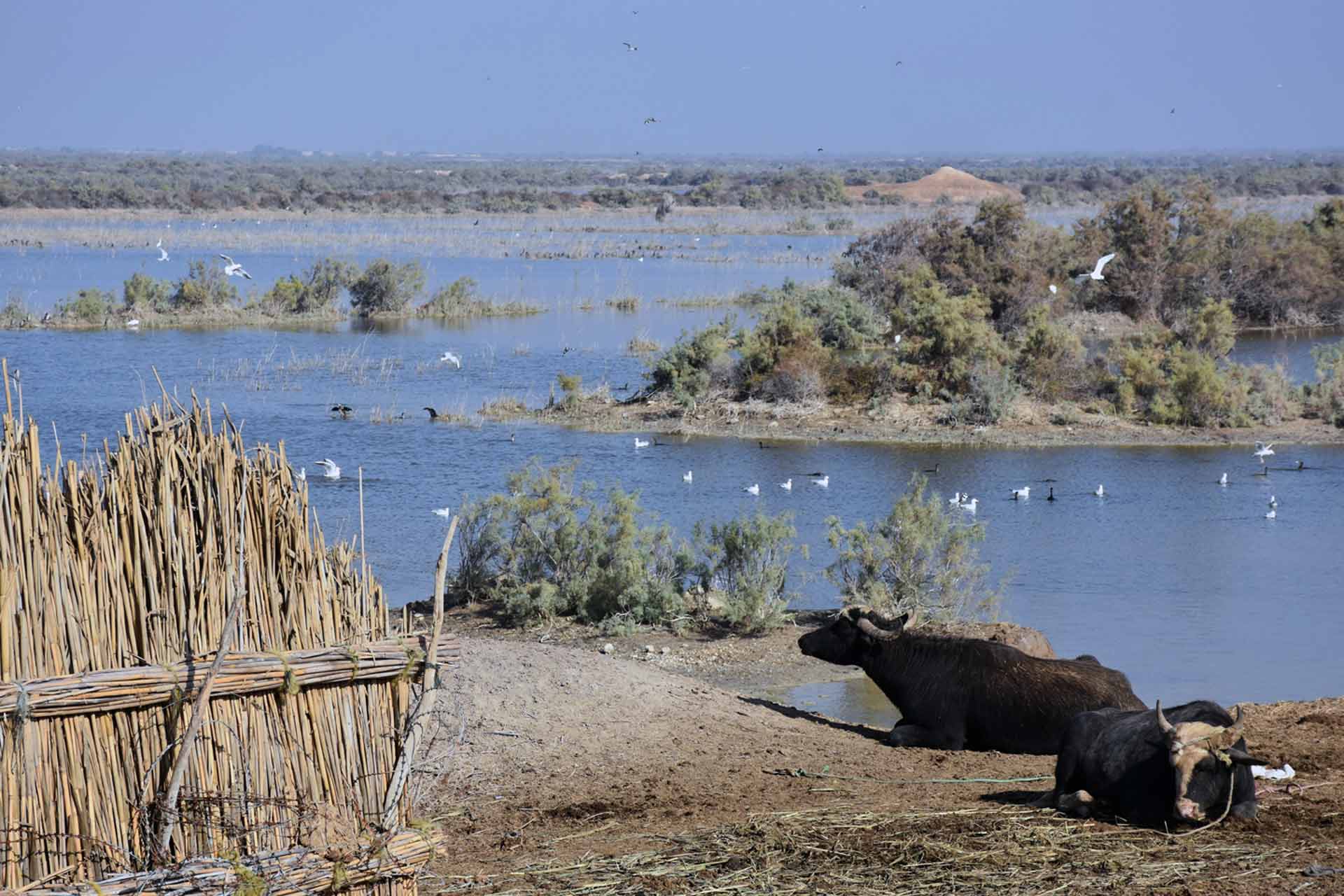
The Mesopotamian Marshes
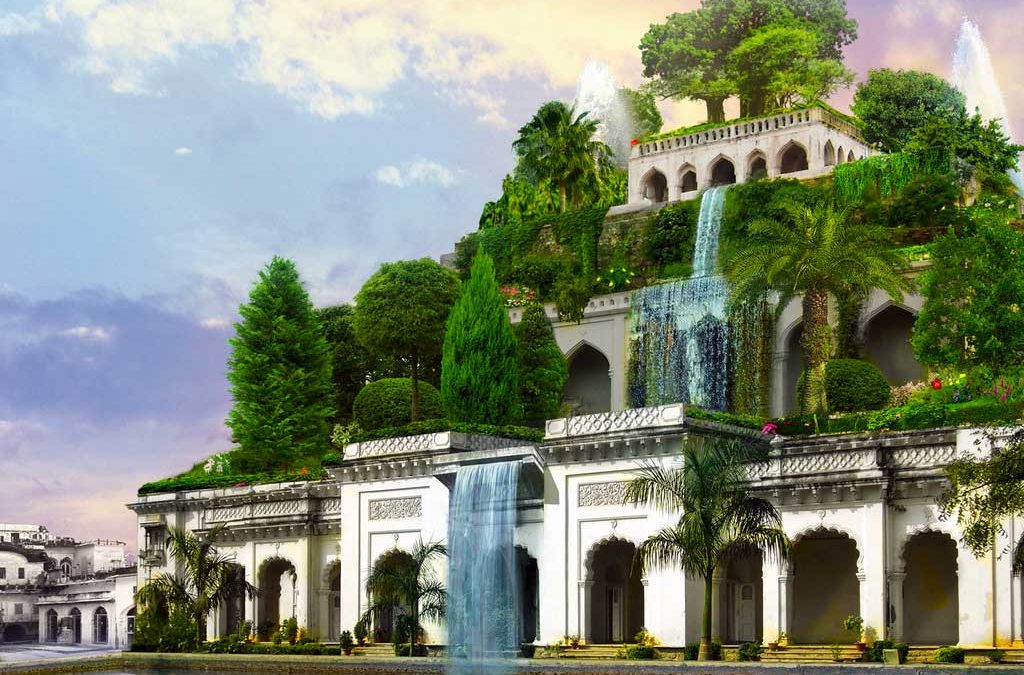
The Hanging Gardens of Babylon
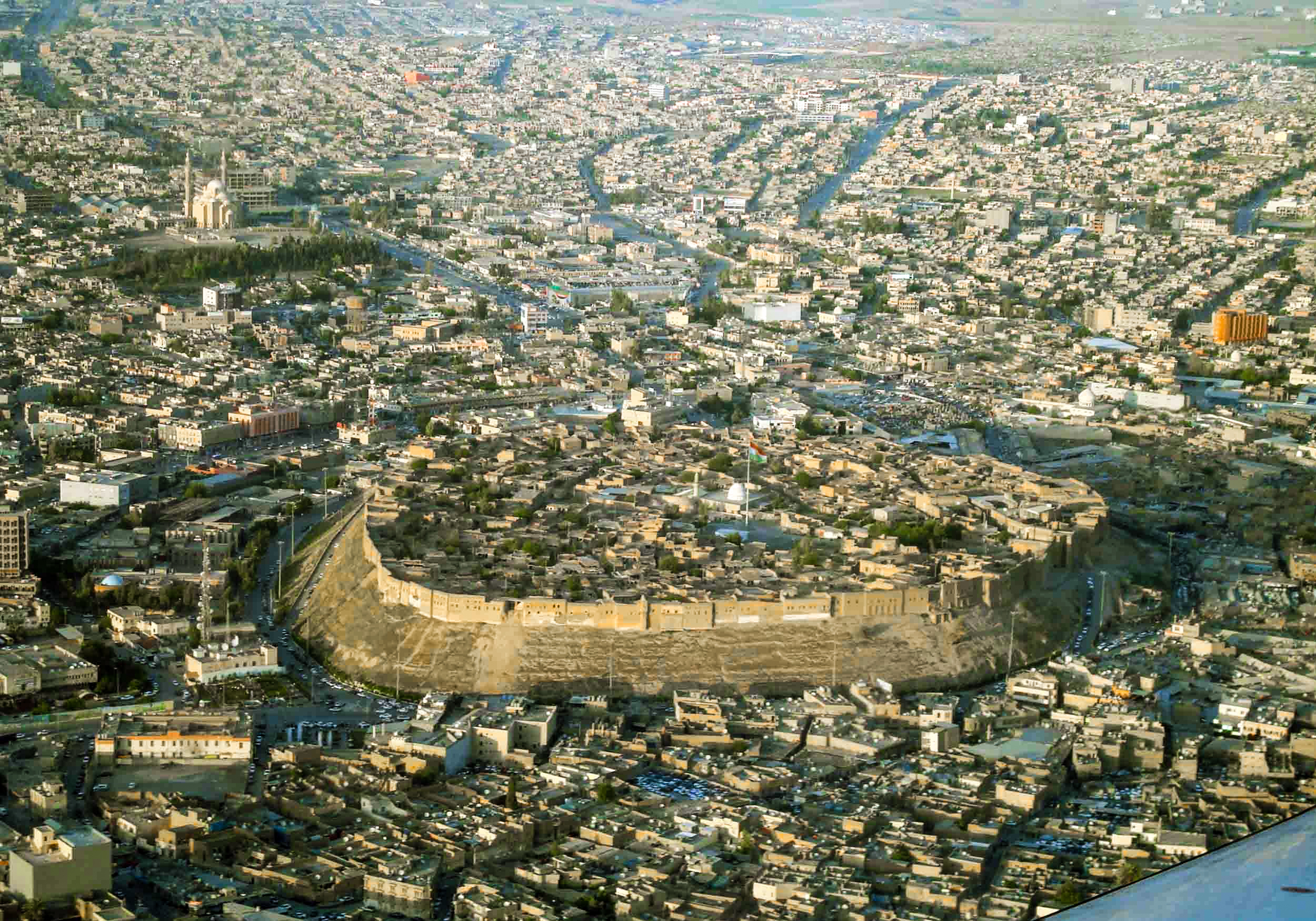
Erbil Citadel
Political
Economy and Government
Iraq's economy and government have faced numerous challenges in recent decades, including wars, political instability, and the impact of oil price fluctuations. As of my knowledge cutoff in September 2021, Iraq's economy heavily relies on its vast oil reserves, which account for the majority of government revenue and export earnings. However, the country has been making efforts to diversify its economy by promoting sectors such as agriculture, manufacturing, and tourism.
The government of Iraq operates under a federal parliamentary system, where the Prime Minister serves as the head of government and the President as the ceremonial head of state. The country has been working towards establishing stability and democratic governance, but political tensions and sectarian divisions continue to pose challenges.
Corruption remains a significant concern in Iraq, hindering economic development and efficient governance. The government has been taking steps to combat corruption and improve transparency, with ongoing efforts to reform public institutions and promote accountability.
Iraq has also been actively seeking foreign investment and engaging in international partnerships to stimulate economic growth. Infrastructure development, particularly in areas affected by conflict, is a priority, as is improving education, healthcare, and public services.
It's important to note that the economic and political landscape in Iraq may have evolved since my last update, and I recommend referring to up-to-date sources for the most accurate information.
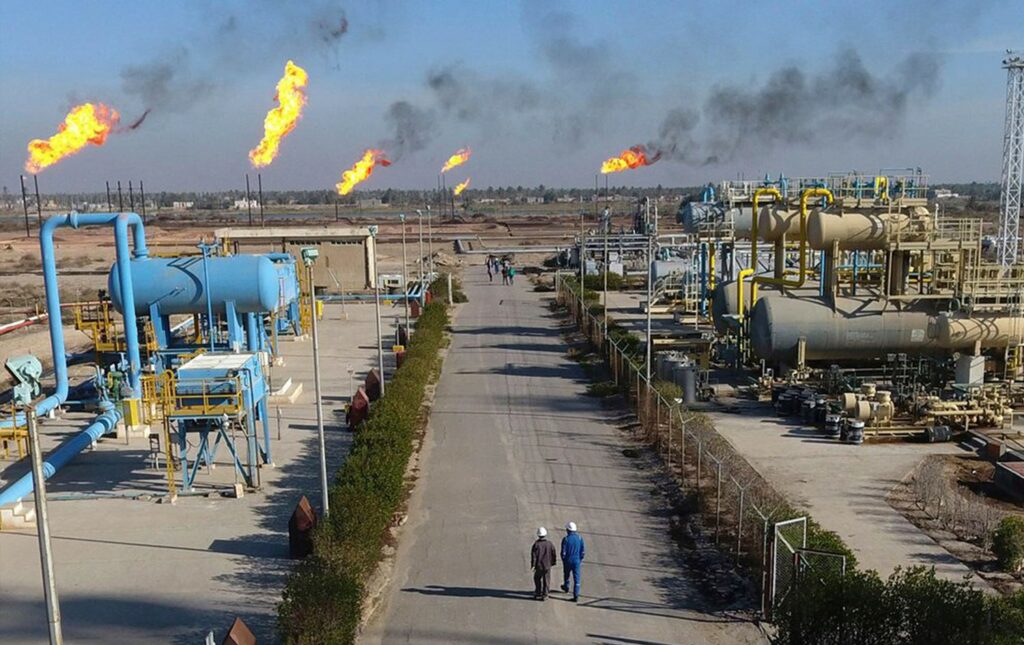
History
History and Culture
Iraq boasts a rich history and vibrant culture that spans thousands of years. Mesopotamia, the land between the Tigris and Euphrates rivers, is often referred to as the cradle of civilization, with Iraq being home to ancient civilizations such as the Sumerians, Babylonians, and Assyrians.
Throughout history, Iraq has been a center of trade, knowledge, and cultural exchange. The region witnessed the rise and fall of powerful empires, including the Babylonian Empire, the Abbasid Caliphate, and the Islamic Golden Age. Its historical significance is evident in archaeological sites like Babylon, Ur, and Nineveh, which showcase architectural wonders and ancient artifacts.
Iraq's culture is a vibrant mosaic of diverse influences. Its literature, music, and poetry have made significant contributions to the world's artistic heritage. Iraqi cuisine is renowned for its flavorful dishes, influenced by Persian, Ottoman, and Arab culinary traditions.
The country's cultural fabric is deeply rooted in Islamic traditions, with Shia and Sunni Islam being the predominant branches. Religious pilgrimage sites, such as the holy cities of Najaf and Karbala, attract millions of visitors each year.
However, Iraq has also faced cultural challenges due to political instability and conflicts. The destruction of heritage sites and displacement of communities have had a profound impact on the preservation and continuity of its cultural heritage.
Despite these challenges, Iraq's rich history and cultural heritage continue to inspire and captivate the world, reminding us of the enduring legacy of this remarkable nation.
HOTELS
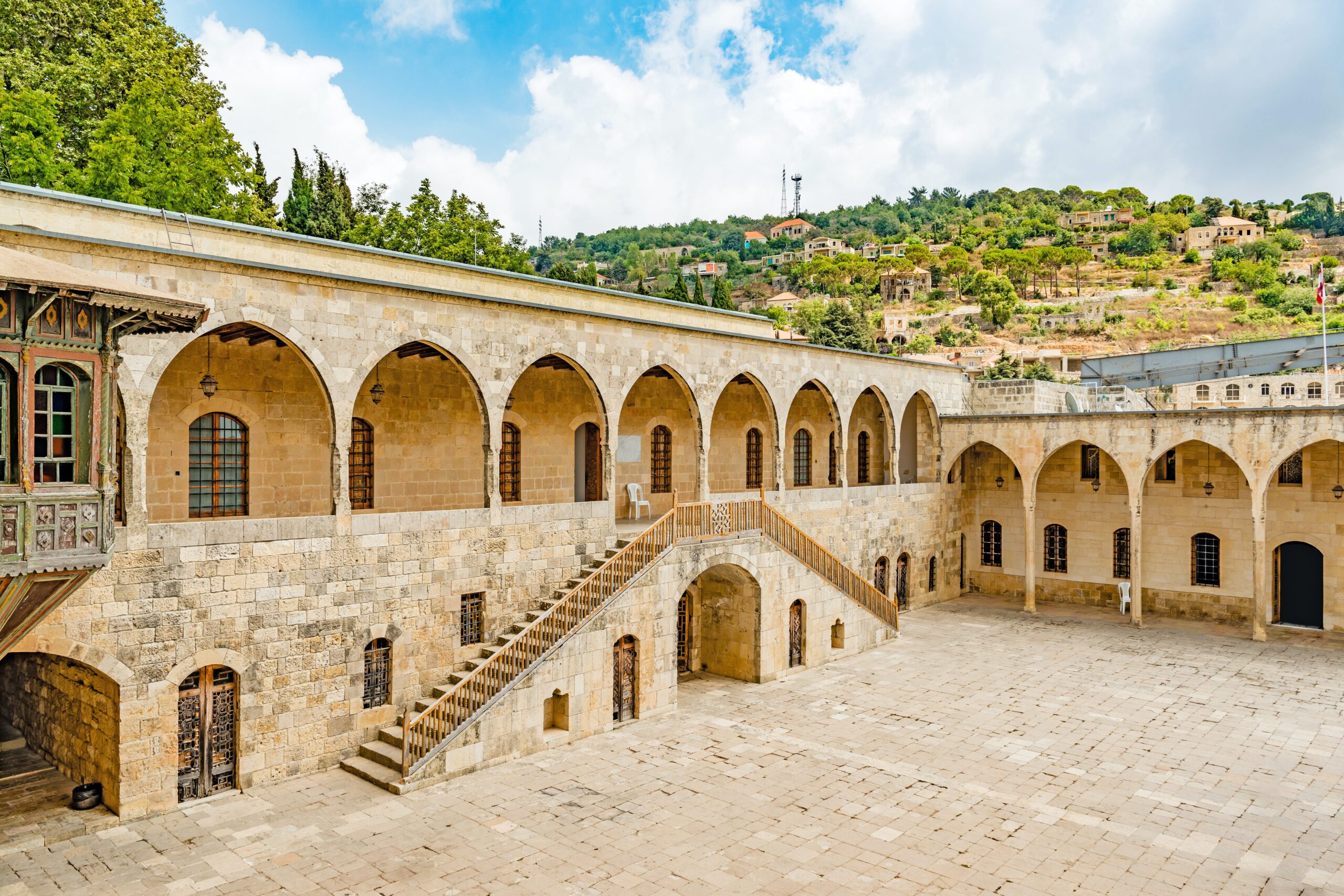
Babylon Warwick Hotel (Baghdad)
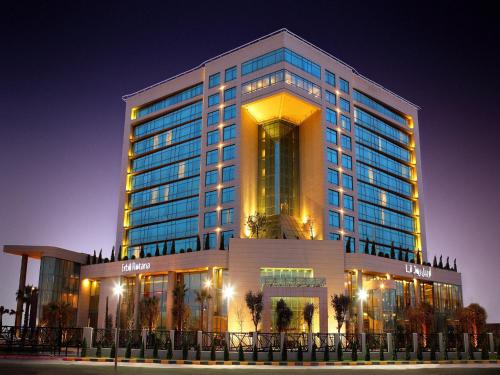
Rotana Hotel Erbil (Erbil)

Sheraton Grand Sulaymaniyah Hotel (Sulaymaniyah)
RESTAURANTS
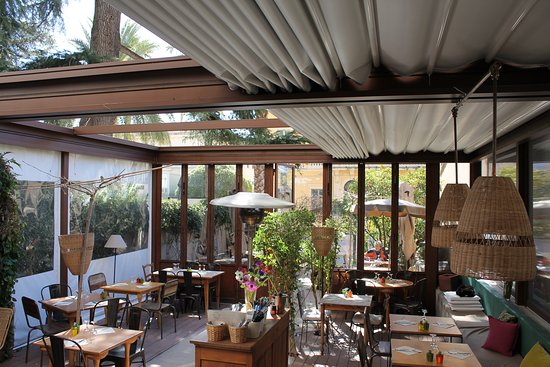
Le Jardin Restaurant (Baghdad)
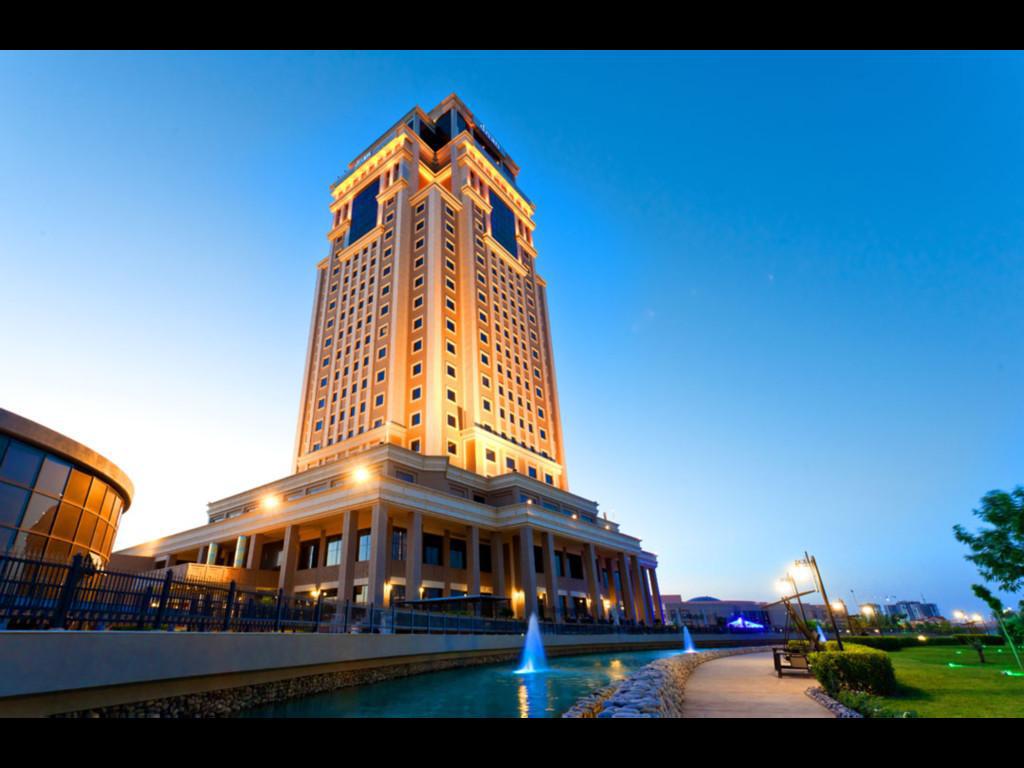
Divan Erbil (Erbil)
